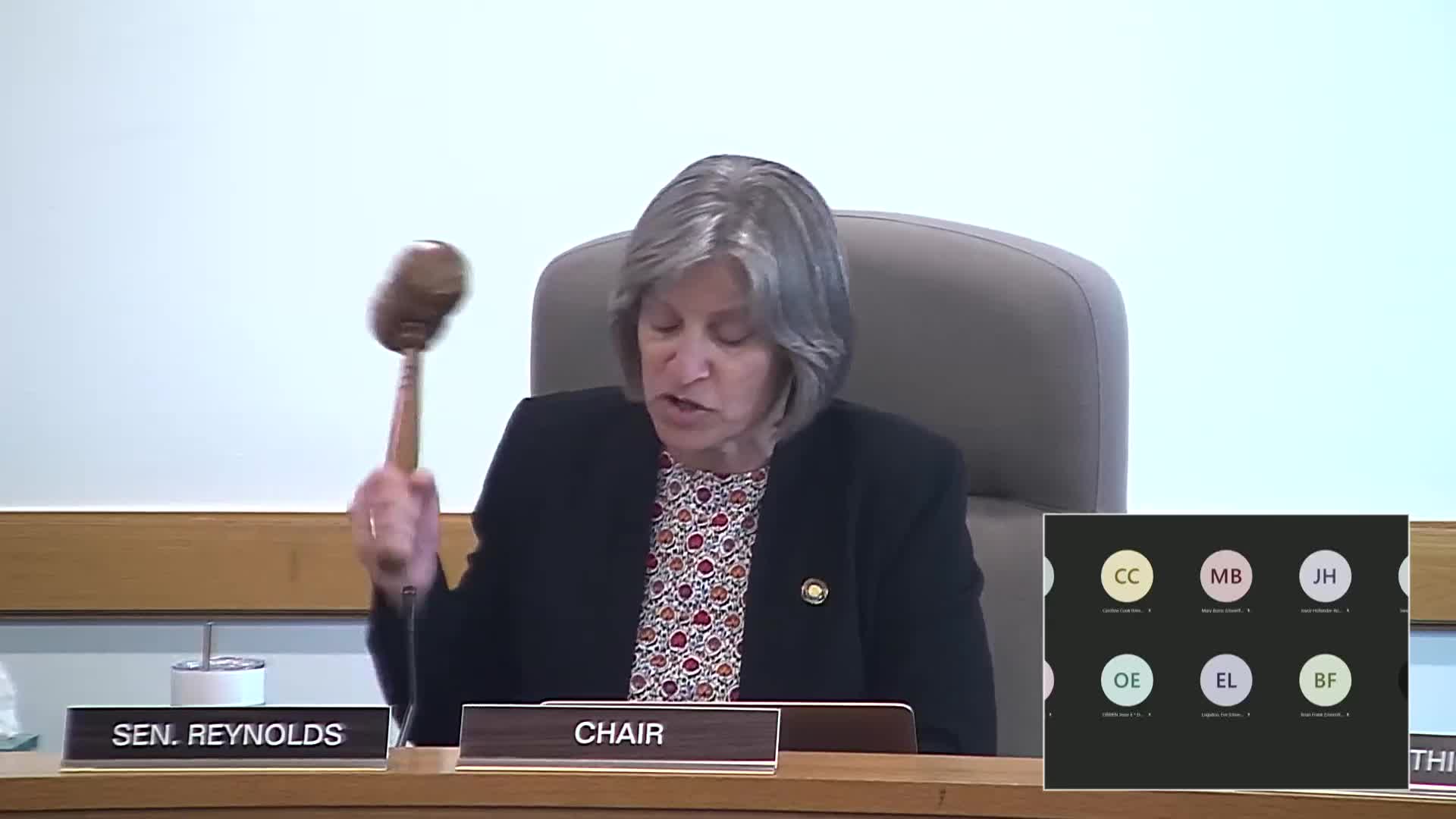Article not found
This article is no longer available. But don't worry—we've gathered other articles that discuss the same topic.
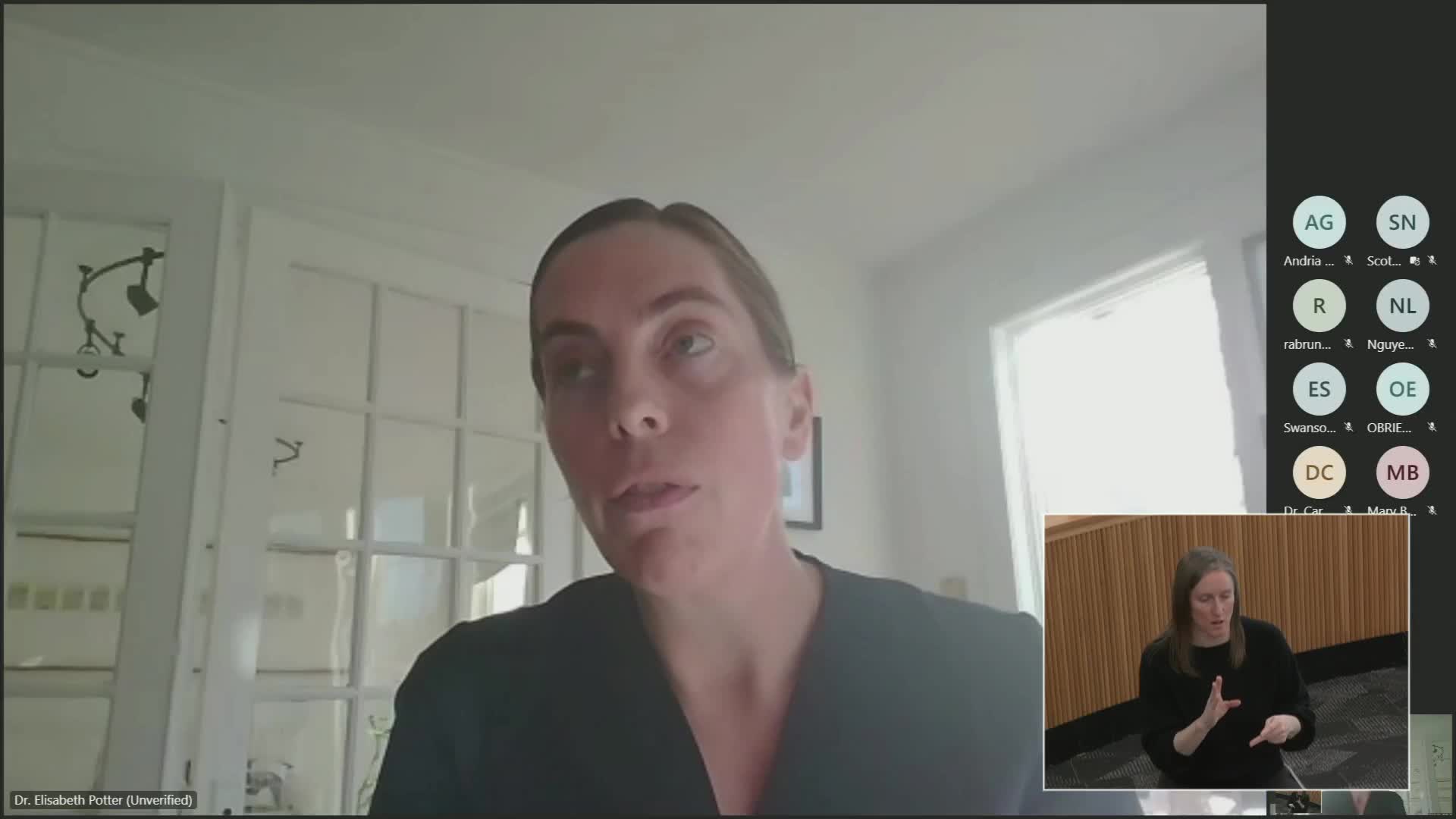
OHA asks lawmakers to expand state volunteer registry so nonlicensed volunteers can serve year‑round
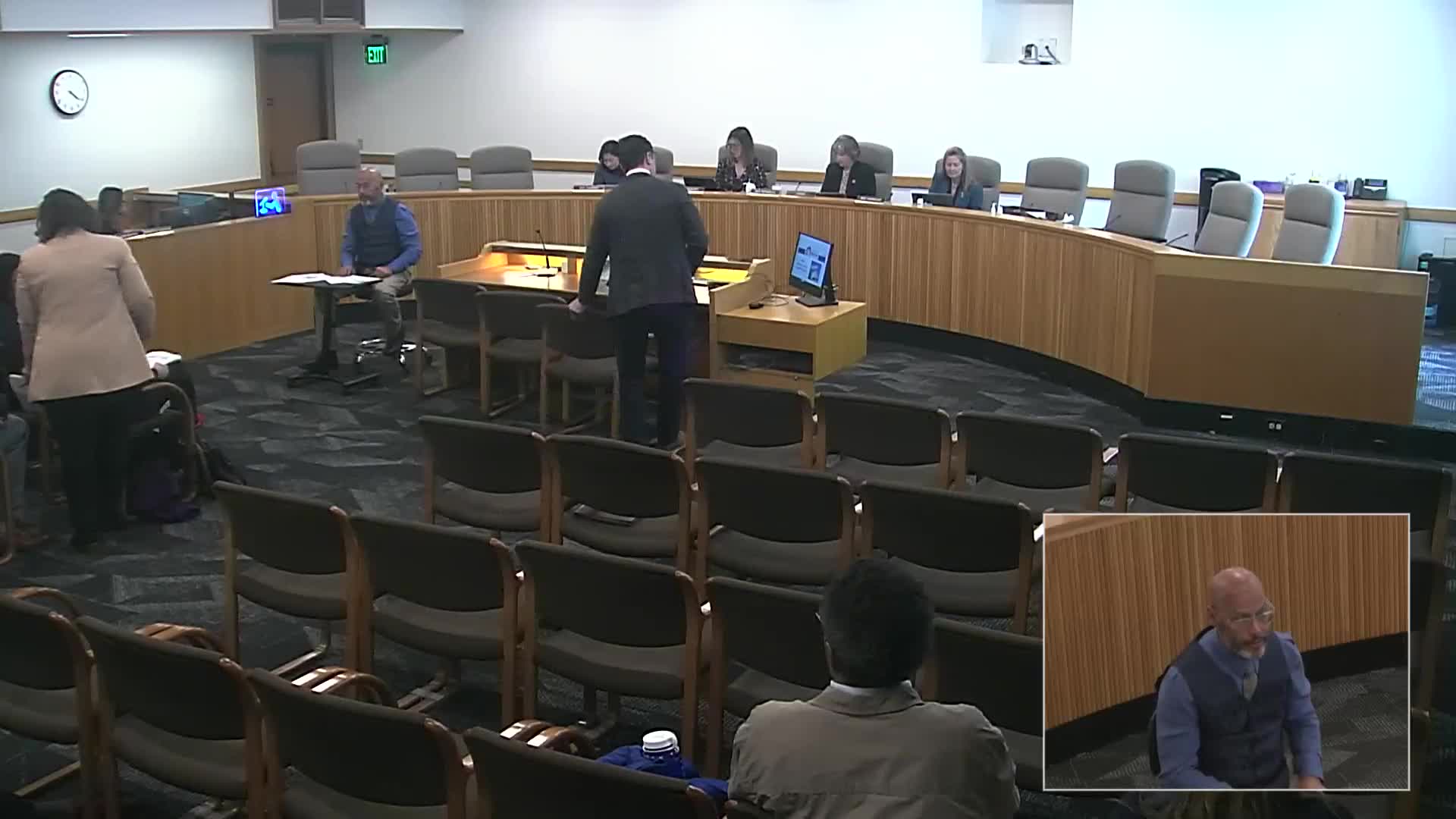
Hospitals oppose proposed licensing‑fee increase as OHA seeks more surveyors and new licensing system
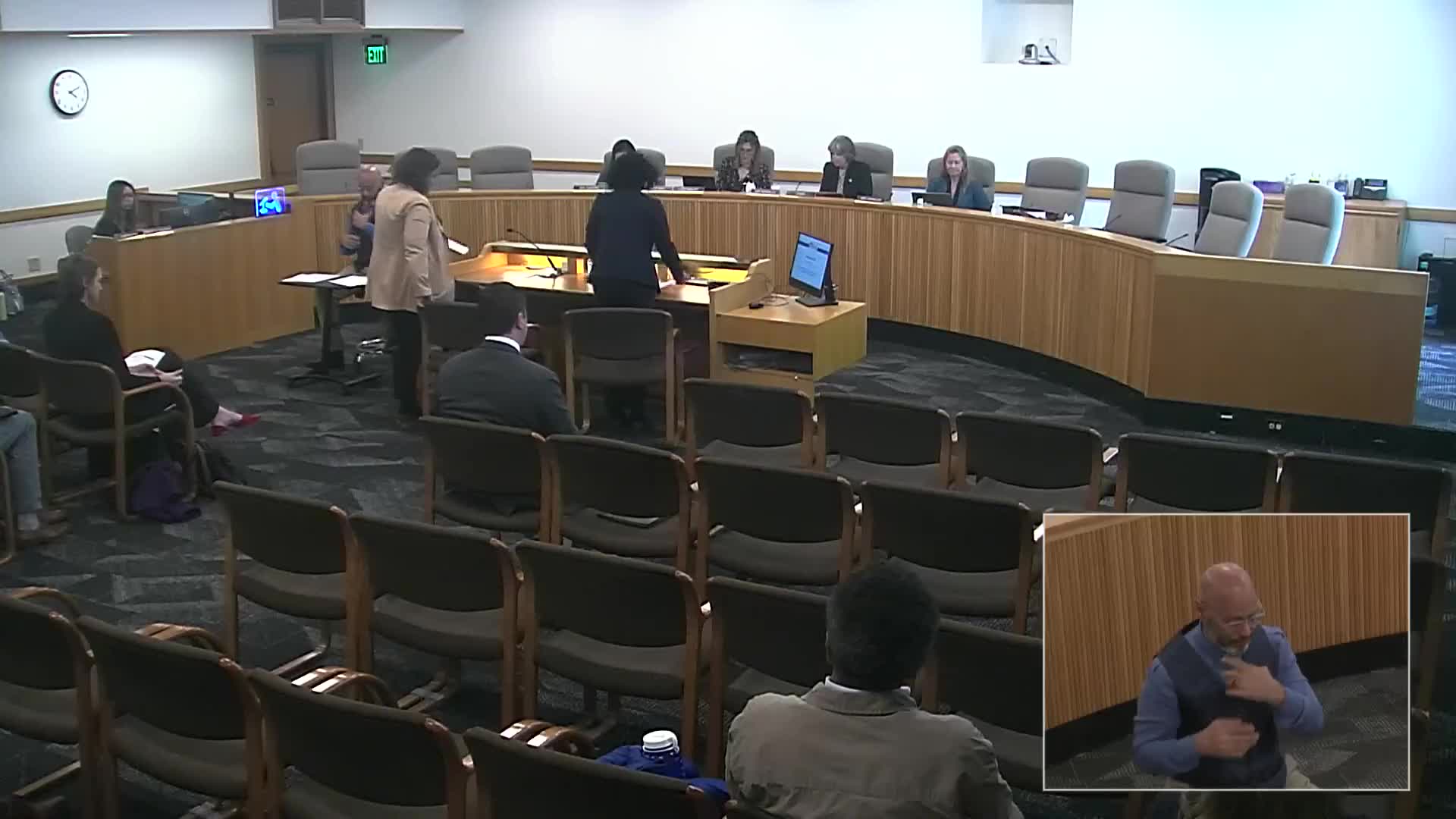
Committee hears OHA omnibus bill addressing overdose reporting, reentry Medicaid and other technical fixes
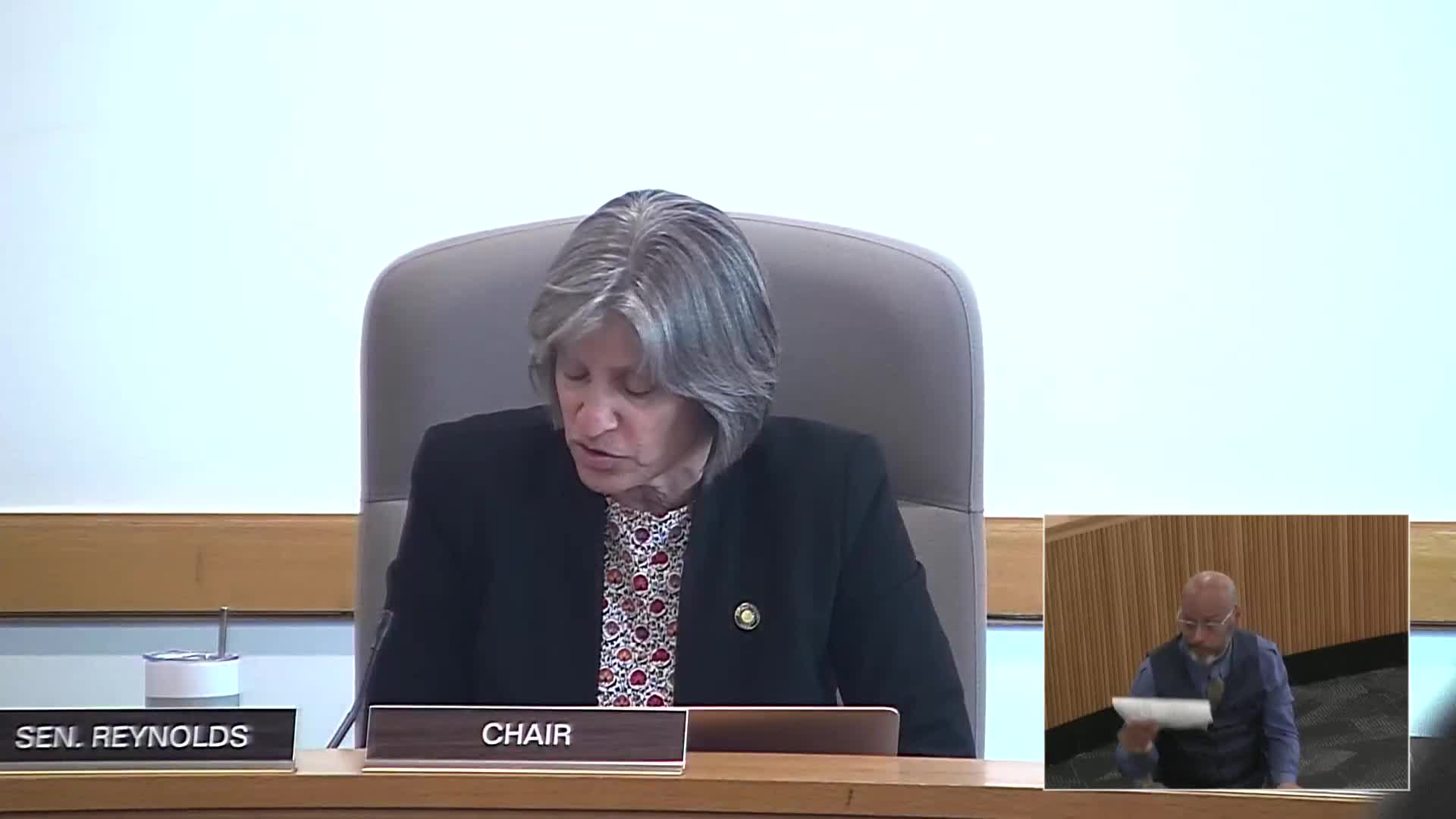
Supporters tell committee bill would improve access to autologous breast reconstruction after mastectomy
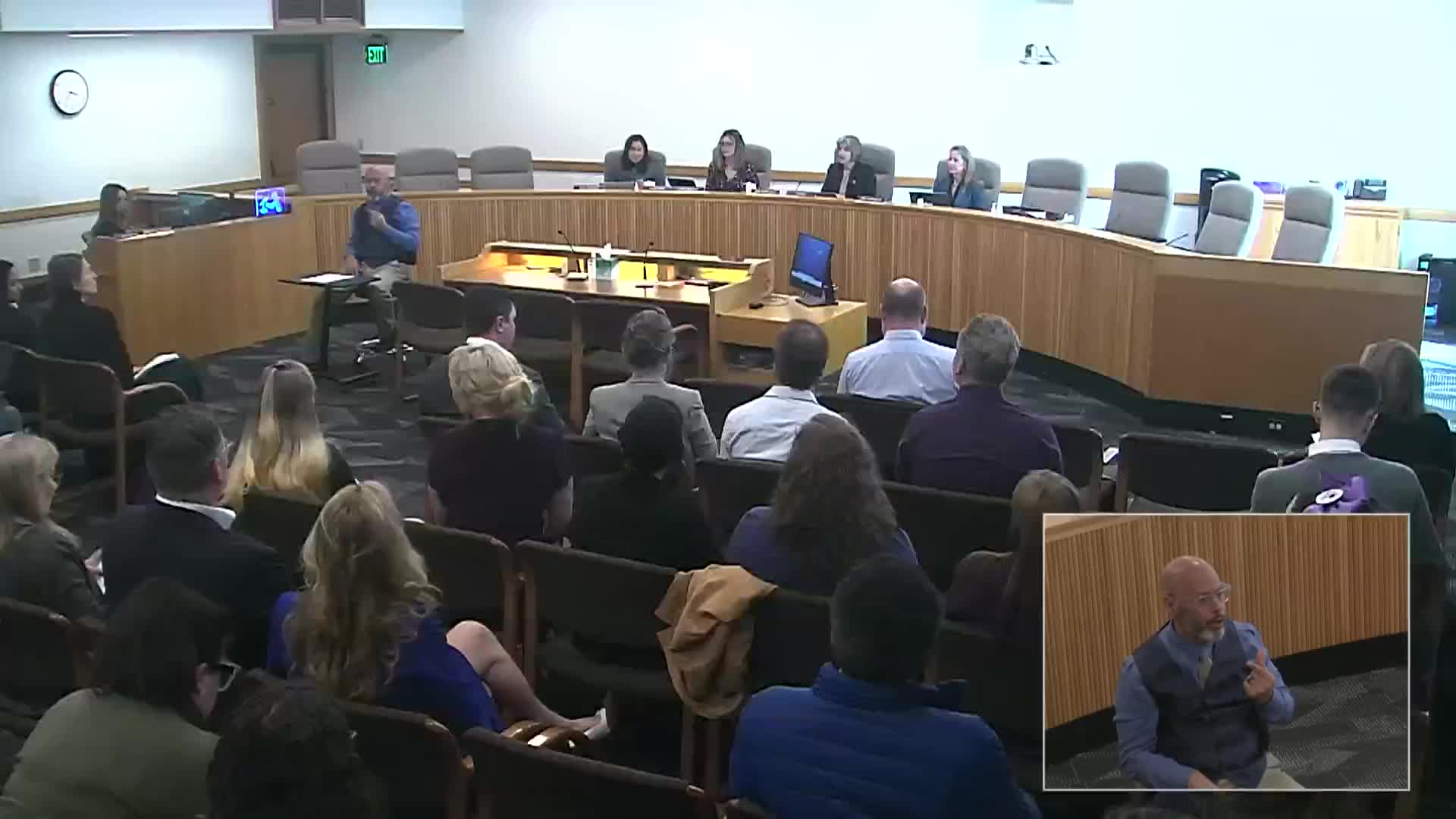
Bill would require OHA to count primary care clinicians by city and region every two years
